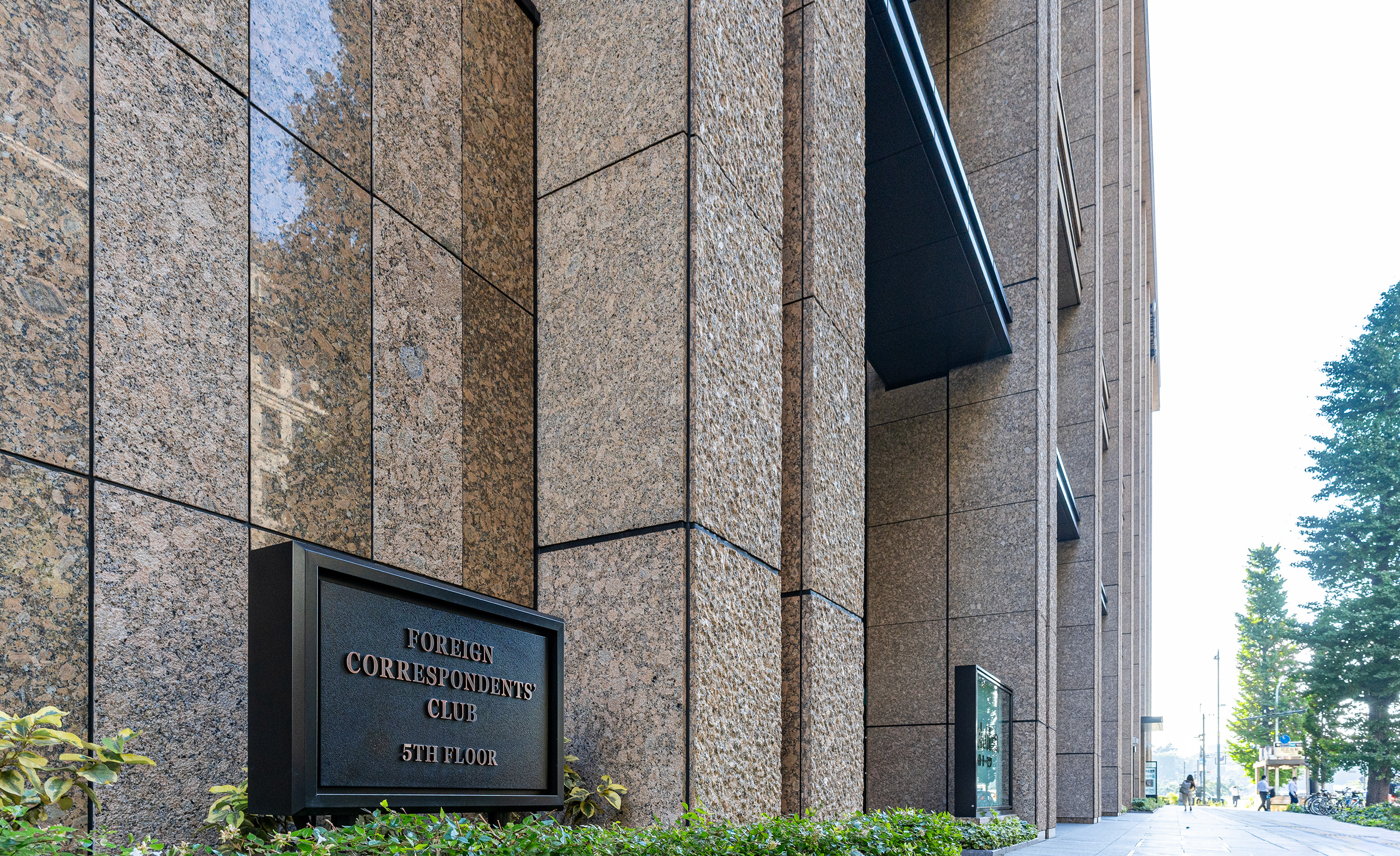Issue:
February 2023
Board and membership meeting launches much-needed dialogue on the FCCJ’s future

It was almost like old times when the club held a special meeting for directors and regular members on January 18. Robust exchanges between the audience – many ofthem former presidents of the FCCJ – and the board contrasted with the tame exchanges we have witnessed at General Membership Meetings in recent times.
The FCCJ's transition to koeki shadan hojin (public interest organisation) status has resulted in less frequent GMMs, where discussions have been dominated by the club’s budget and board elections. The Covid-19 pandemic has also restricted contact between the board and the membership.
Dialogue and club democracy have suffered as a result. After all, the board is answerable to members, especially regular members with the power to vote. Without checks and balances, there is a risk that the board will implement untested policies, which in turn risks creating apathy among members who feel excluded from the decision-making process.
The meeting was an attempt to restore the dialogue between the board and regular members. It will be followed by a Town Hall meeting where professional associate and associate members will be invited to join the debate. The board said in its invitation to the January event that it wanted to “restore regular dialogue with and receive feedback" from members.
This comes at a critical juncture for the club. The 77-year-old institution faces existential challenges as it struggles to overcome stressed finances and stagnant member recruitment. These issues generated the most debate at the special meeting among an audience keen to be updated on the club’s situation.
The FCCJ president, Peter Elstrom, opened the meeting by noting that it was good to see so many members attending in person, along with about half a dozen online. “It has been too long” since a meeting of this kind had taken place, Elstrom said, listing recent high-profile professional events before turning to the club’s finances.
“We have some very serious threats,” he said, adding that the FCCJ was in a “precarious financial position”. The very existence of the club was at risk, he warned, noting that this was connected to declining membership numbers.
One member suggested that all members need to play their part by finding new recruits to bring revenue to the club.
Dave McCombs, co-chair of the membership marketing committee, outlined an inter-committee initiative to boost the regular membership through Press Freedom Fellowships. The FCCJ currently has around 1,400 members – some way below its target of 1,800 – McCombs said, adding that the club needed to attract about 100 new members per quarter.
Under the fellowship initiative, companies and wealthy individuals in Japan would be invited to sponsor regular memberships – with an emphasis on younger journalists – who in return would agree to devote at least two hours a week working on FCCJ freedom of the press activities.
The aim, McCombs said, is to make the FCCJ “Asia's premier bulwark for press freedom” and protect freedom of expression.
Former FCCJ president Peter Langan suggested that that wealthy individuals in Hong Kong who had experienced the loss of those basic freedoms might be eager sponsors.
The meeting then turned to the club’s financial position. Treasuer Mehdi Bassiri noted that the FCCJ currently has ¥65 million in cash reserves – an improvement on situation a few years ago. Bassiri said there was “no need to panic”.
The monthly ¥1,000 recovery levy, paid by all members, has been instrumental in alleviating the club’s financial challenges, along with the 20% rent discount the FCCJ landlord, Mitsubishi Estate, agreed to during the pandemic. However, both of these measures are theoretically due to end in March.
It appears that members must resign themselves to paying the levy for at least another year, but there are no guarantees that Mitsubishi will agree to extend the rent discount. Meanwhile, the club needs to pay ¥42 million this year, plus an additional ¥29 million in 2024, to retiring staff.
One problem concerns the transparency of the FCCJ’s financial data, especially its cash flow. As Elstrom noted, finance committee advisor Rick Dyck is helping the board and members to better understand the cash position. Better accounting software could help in this regard.
The discussion often returned to the membership issue. Former president Dan Sloan noted that the membership had been declining by 11% a year for the past five years.
He called for a “broader concept of how we interpret membership” to replace the rigid categories currently in place: regular, professional associates and associate. Longtime member Greg Clark agreed, urging the club to “throw open” membership to people from more walks of life, including academics, given the dearth of foreign correspondents and other journalists.
In response, Elstrom said: “We need to think hard about what our mission is. How are we going to reinvent ourselves?” The debate over the club’s future has begun in earnest, and that can only be a good thing.
Anthony Rowley is a columnist and contributor for The South China Morning Post.

